One Doctor Has Transformed the Lives of Over 5000 Youth, 2000 Children & 6000 Farmers!
Jitendra is still fighting for the rights of thousands of other farmers in these villages.
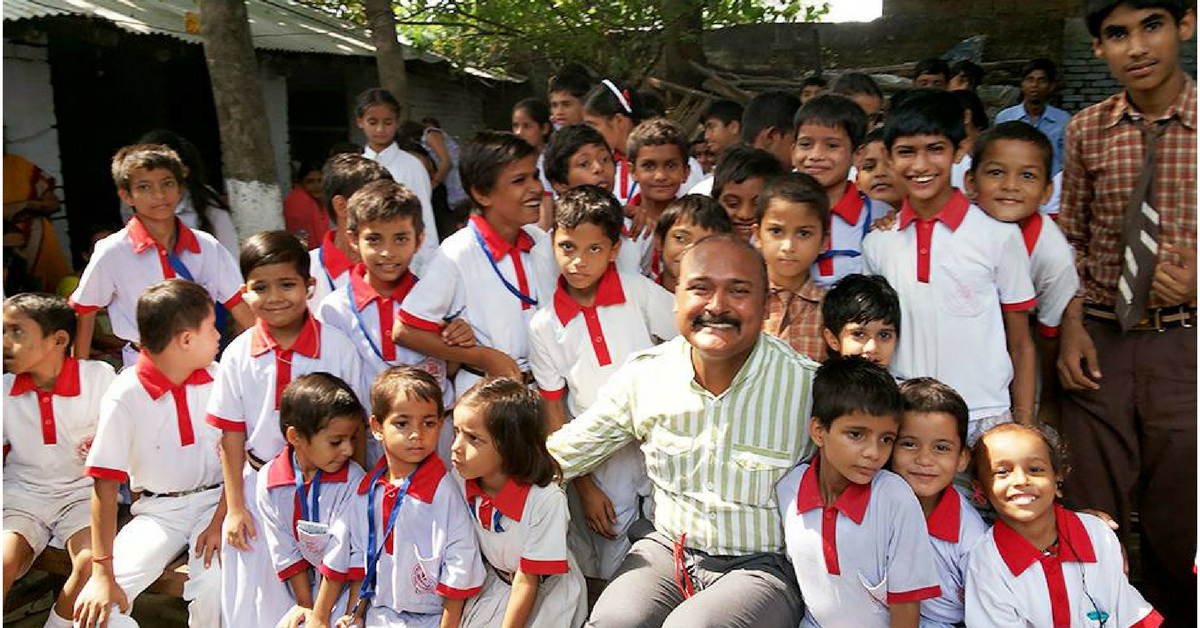
A“s a 5-year-old it was hard for me to fight with hunger. My mother was illiterate. She was thrown into a cowshed along with her three children to die after my father went missing. She would ask farm labourers about the mud they have dumped after digging out potatoes. She would then wake at 3 am to find some potatoes there to save us from starving,” says Dr Jitendra Chaturvedi, the founder of Developmental Association for Human Advancement (DEHAT).
Dr. Chaturvedi started DEHAT with the belief that no society can hope for sustainable development unless its children are assured of survival, protection and participation in the development process.
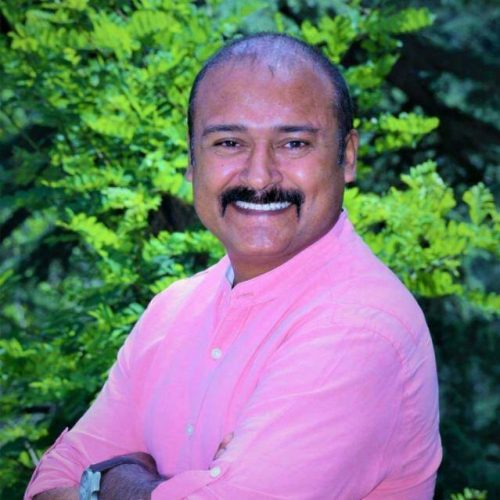
For three years, Jitendra, his mother and two siblings were forced to try and survive in a cowshed desperately. 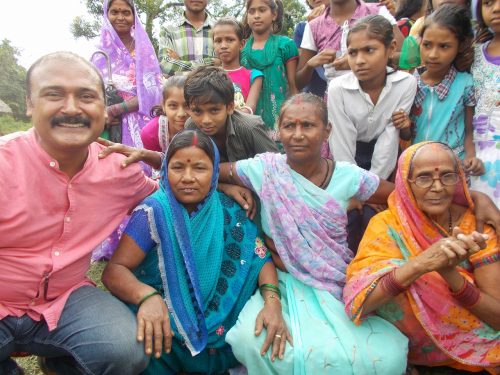
“My mother could not read or write. My relatives would receive the money order and ask her to put a thumb impression on the receipt. That was my first lesson on how important education is. Also, the ordeal that I went through completely ruined my childhood. I did not want this to happen to any other child,” says Jitendra.
The path to DEHAT
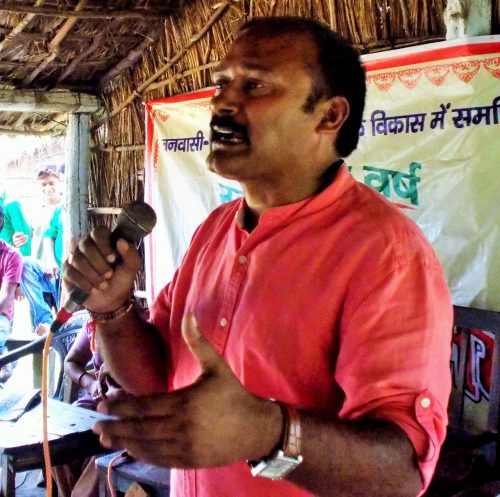
Post Independence, the Begar system was banned in 1950. However, these poor villagers were unaware of this. 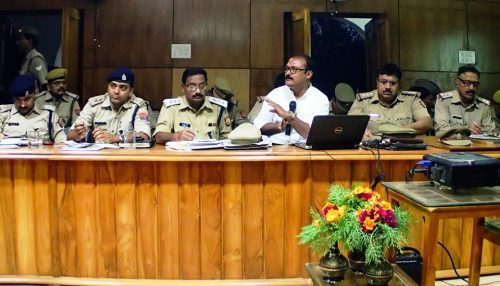
Jitendra tried to make the youth of the villages aware of their rights. But most of them were scared of the forest officials and would not even speak to him on this.
After surveying the nearby five villages, Jitendra realised that the residents did not have citizenship rights as these villages were not included in the revenue department’s records post-independence. 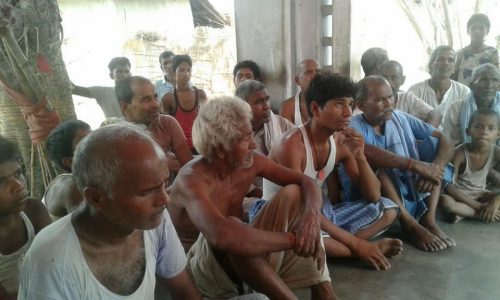
Soon Jitendra had many supporters, and he started a school in the village. This did not go well with some, and he was booked in a case, which many claimed was a fake one. 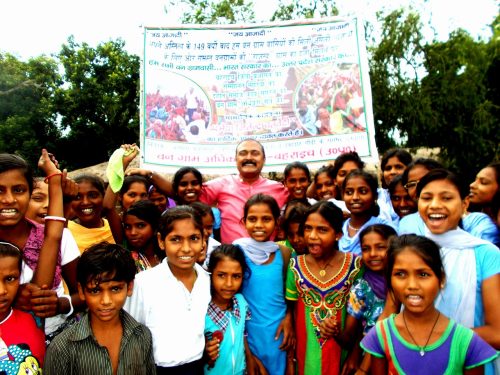
So he left the village in 1993 and spent years learning and researching NGOs working on Gandhian philosophies all over the country. He returned to Bahraich in 2002 and started DEHAT. 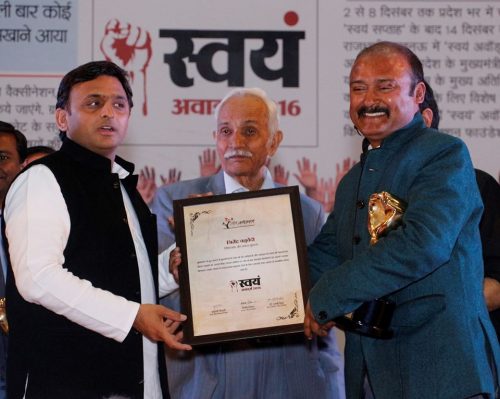
“In case of any problem, government officials would never help these villagers, saying that they did not have civil rights. They did not have a resident certificate, so their children could not study, no bank was ready to open an account for them, there were no schools, public distribution systems or even panchayats in these villages. They were almost non-existent for the government. On the other hand, forest officials would often try to drag them out of their houses by claiming that they were a threat to the forest,” says Jitendra.
In 2003 he started the ‘Forest Right Movement’ for seven forest-dwelling villages in Bahraich, teaching villagers about their rights. He also helped them get identity proofs and ration cards. 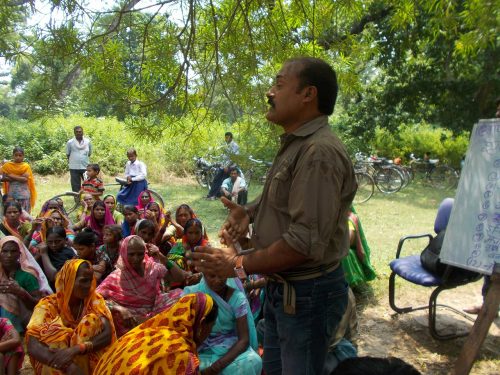
under which the villagers were aided in their farming techniques with the help of technology and organic methods.
The farmers are now able to earn almost Rs. 1 lakh from each acre every year.
DEHAT now runs ten schools across these villages, where 400 girl students have enrolled themselves. 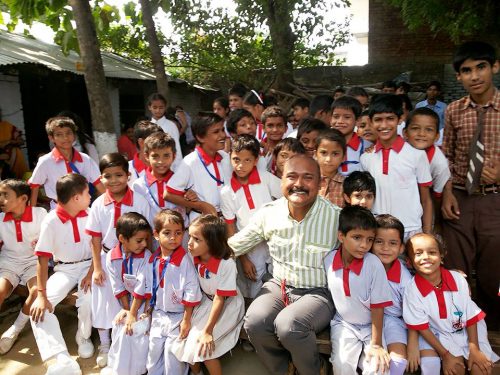
During their work in these villages, which are located on the Indo-Nepal border, the DEHAT team found two traffickers the Bhawanipur village conducting an auction for the village youths.
The impact of this initiative was unbelievable! It helped restore of thousands of missing and trafficked children to their families in India and Nepal. 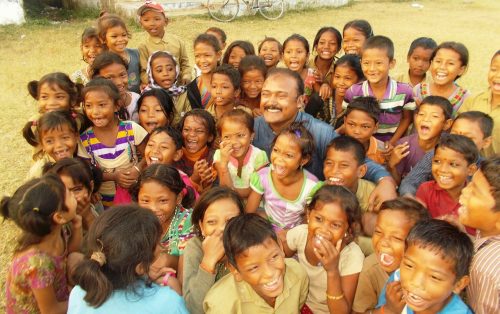
Vocational training, counselling, and educational support was provided to hundreds of victims of trafficking and vulnerable families.
Today after working in these villages for more than over a decade, Jitendra and his DEHAT team (which comprises of 117 members now) have transformed the lives of over 5000 youth, more than 2000 children, 6000 farmers and seven villages. 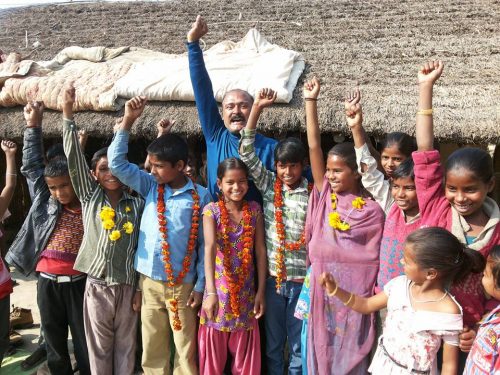
“This country is ours! No one else will come to make it better. Whichever role we are in, if we try to do it with honesty and with the intention of doing good, it will help to make a better India. It’s not about what one Jitendra has done, but it is about how we as a society are doing. Everyone today is living for money, society is the least priority. But to make a happy future and especially to make a better world for our children, we together have to work continuously for our country,” concludes Dr Jitendra Chaturvedi who has been awarded as the ‘Pride of the Nation’ in 2015.
Like this story? Or have something to share? Write to us: [email protected], or connect with us on Facebook and Twitter.
NEW: Click here to get positive news on WhatsApp!

Similar Story
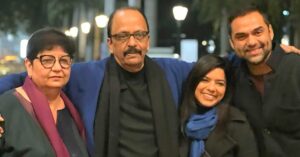
The Couple Behind ‘Trial by Fire’ & Their Long Battle for Justice After Uphaar Fire
Neelam and Shekhar Krishnamoorthy, the couple whose story has inspired Netflix’s Trial By Fire, lost their children in the Uphaar Cinema fire, and have been seeking justice for their children and other affected families ever since.
Read more >
If you found our stories insightful, informative, or even just enjoyable, we invite you to consider making a voluntary payment to support the work we do at The Better India. Your contribution helps us continue producing quality content that educates, inspires, and drives positive change.
Choose one of the payment options below for your contribution-
By paying for the stories you value, you directly contribute to sustaining our efforts focused on making a difference in the world. Together, let's ensure that impactful stories continue to be told and shared, enriching lives and communities alike.
Thank you for your support. Here are some frequently asked questions you might find helpful to know why you are contributing?


This story made me
-
97
-
121
-
89
-
167













